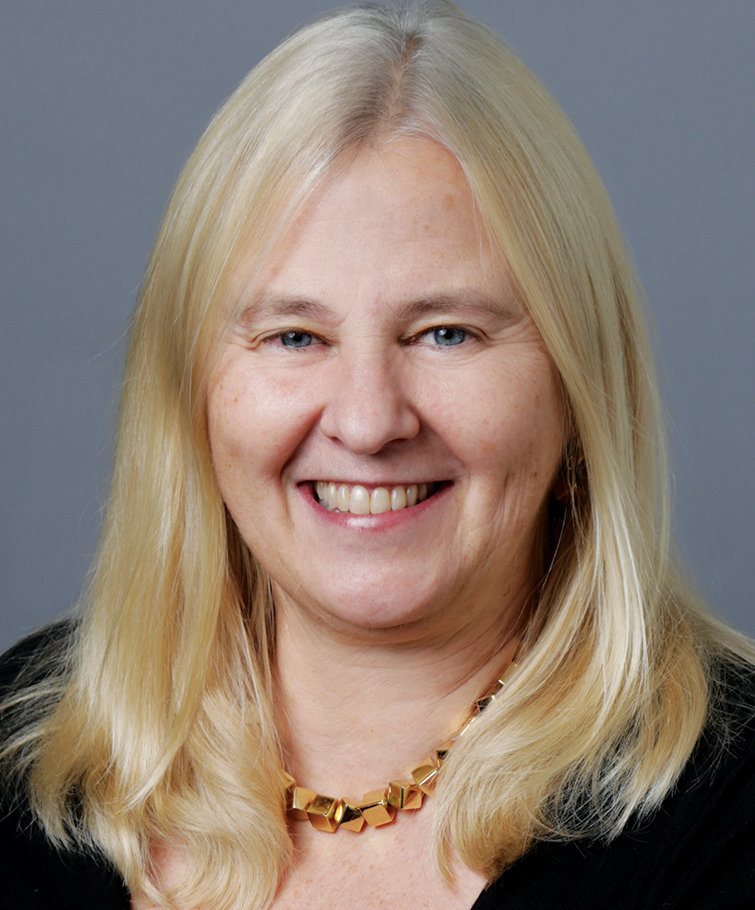Guest editorial: Gender-affirming care in British Columbia, Part 2
 |
 |
 |
| Gail Knudson, MD, MEd, FRCPC | barbara findlay, MA, LLB, QC | Daniel L. Metzger, MD, FAAP, FRCPC |
The care of transgender and gender-questioning children, especially youth, is an area of controversy in many jurisdictions. Some authorities question the capacity of youth to provide truly informed consent for a medical treatment that is completely (e.g., puberty blockers) or partially (e.g., gender-affirming hormones) reversible. Clinicians must balance their mandate to deliver “family-centred care,” which views provision of health care for youth ideally as a mutual decision between parent and patient, with the ethical standard of autonomy for the adolescent, whose gender identity only they can fully know. For most transgender youth, parental support is the major prognostic factor that determines how successful they will be in their transition. Yet not all parents are supportive of their transgender youth, and some are even openly malicious. However, BC has a strong medical, legal, and ethical framework that underpins the provision of thoughtful, safe, and tailored care to transgender youth so that they may achieve their gender-affirming goals.
This second of two BCMJ issues on gender-affirming care in British Columbia features three important areas in transgender and gender-diverse health care: BC law with respect to minors consenting to hormone therapy and surgery, including recent BC court decisions; sexual health of transgender and gender-diverse patients, including contraception options; and reproductive health of those patients, including available reproductive options.
—Gail Knudson, MD, MEd, FRCPC
—barbara findlay, MA, LLB, QC
—Daniel L. Metzger, MD, FAAP, FRCPC
Competing interests
Dr Knudson receives an annual honorarium for serving as a co-chair of the WPATH Global Education Institute.

To Dr. Knudson and team, thank you for your hard work on these issues. They touch on some important topics over a wide range of issues related to gender-affirming care. I hope our colleagues find them helpful. As a co-author on one of the papers, I can attest to how long and hard you worked on these articles. Very nice to see them published and thank you for your efforts in opening up the conversation to a broader audience.